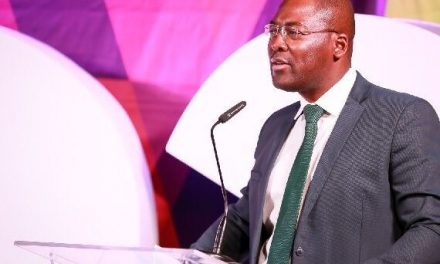
Opportunistic fraudsters use COVID-19 pandemic to scam the public

Fraudsters are using the Covid-19 pandemic as an opportunity to defraud unsuspecting and vulnerable members of the public out of their hard-earned cash, according to d Standard Bank’s Head of Risk, Samantha Moller-Henckert.
“We would like to alert our clients and members of the public of these scammers who are on the prowl, taking advantage of the Covid-19 pandemic Moller-Henckert said in a statement.
To contain the spread of Covid-19, many businesses have started allowing online transactions and encourage the use of digital payment platforms to reduce contact between people. Fraudsters have latched onto this and their latest vishing scam involves them calling clients and requesting their card information while coaching clients into registering for our electronic wallet by dialling *140*6626#.
This scam is called “vishing” which is the fraudulent attempt to obtain sensitive information such as usernames, passwords, OTP’s and card details by telephone.
Moller-Henckert said it is important to note that fraudsters continue to revise their approach and will come up with any narrative to convince the client that they are calling from the Bank and that the service they are offering the client is a legitimate service.
“Some of the trends we have seen, involve clients being told that they qualify for a credit card and that the bank requires certain information in order to have the card delivered to the client’s home address,” she added.
In other cases, clients are called and informed that the bank has picked up irregular transactions on the client’s account. The client is then led to believe that their card has been cloned and in order for the bank to stop the cloned card, they require certain information including the card number, PIN and CVV number.
Meanwhile the bank is reminding its clients that it will never contact clients telephonically and ask for their card information or any other personal information such as their bank account number, PIN code, card verification value (CVV) and cell phone numbers.
“If any of our clients and members of the public receive calls, emails or text messages asking them to verify their personal information for whatever reason, they should end the call immediately and report it to the nearest Branch or our Client Contact Centre on 92860,” said Moller- Henckert.













































